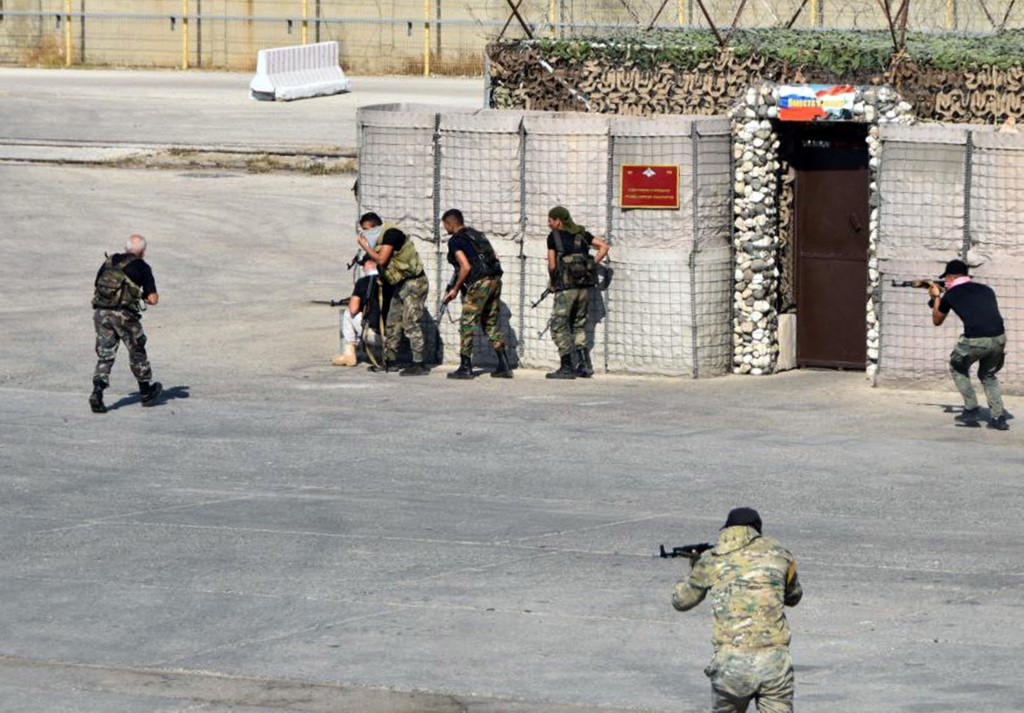Germany has introduced additional screening on its land border with neighboring countries starting Monday, Sept. 16, for six months in what it called a bid to curb illegal migrations.
In addition to increased screenings with neighboring Poland, the Czech Republic, Austria and Switzerland that started last year, the increased screening would now also apply to land borders with France, Luxembourg, the Netherlands, Belgium and Denmark.
JOIN US ON TELEGRAM
Follow our coverage of the war on the @Kyivpost_official.
The restrictions would see the country, part of Europe’s Schengen Zone with a singular border policy, increase temporary checkpoints with neighboring nations, all of which are fellow Schengen member states.
The tightened control would not see Germany establish full border checkpoints at all crossings. Instead, it would see increased, selective checks on vehicles and passengers crossing the land borders into Germany, where German authorities could reject entries of those without adequate documents.
Queues and delays are expected at some crossings, and travelers are advised to carry all relevant identity documents, including proof of temporary protection for those from Ukraine if applicable.
German Interior Minister Nancy Faeser said Monday the restrictions are a means to “[strengthen] internal security and [continue its] hard line against irregular migration.”
Some believed the new restrictions came as Berlin’s response to extremism-related knife attacks committed by migrants in Germany in recent months. They also represent an effort to placate the rising sentiment in Germany against Middle Eastern migrants, which has contributed to historic far-right victories in local elections.

South Korea President Declares Emergency Martial Law
Polish Prime Minister Donald Tusk has called the border restrictions “unacceptable,” with Agnieszka Łada-Konefał, deputy director of the German Institute of Polish Affairs, criticizing the move as hypocritical considering Germany’s proclaimed openness to migrants in recent years, ultimately pushing migrants back to Poland.
“Due to the negative perception of the influx of migrants in Poland, any report of migrants being returned by Germany also negatively affects Polish-German relations and Germany’s image in Poland,” Łada-Konefał told AP News.
Svenja Niederfranke, a migration specialist at the German Council on Foreign Relations, told Euronews that the additional screenings would place immense strains on available law enforcement personnel and resources, with a police union demanding 5,000 more postings to be created for the task.
“The cost is, of course, very costly to put in the infrastructure to deploy these police officers,” Niederfranke said.
Germany’s Council for Migration also criticized the move for potentially violating EU laws.
“The current policy goal of turning back (migrants) seeking protection at Germany’s borders represents a dangerous form of populism in the migration policy debate,” it said, as reported by CNN.
CNN also reported that EU member states such as Germany can legally reintroduce temporary border control at internal borders in the event of a serious threat to public policy or internal security, though it said the restrictions must be applied as a last resort.
Speculators also voiced concerns about unity within the EU on migrant issues, as Berlin seemingly walks back on its proclaimed openness to migrants, a policy that it championed in recent years.
“The controls could test European unity if they lead to German authorities requesting other countries to take back substantial numbers of asylum seekers and migrants,” Reuters reported.
You can also highlight the text and press Ctrl + Enter






